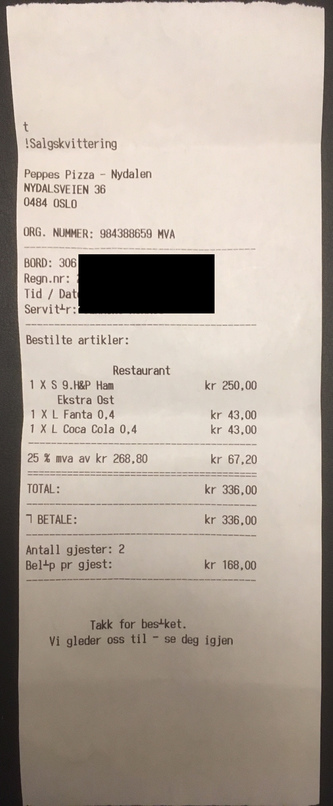So, Cambridge Analytica is getting some well deserved criticism for (mis)using information it got from Facebook about 50 million people, mostly in the USA. What I find a bit surprising, is how little criticism Facebook is getting for handing the information over to Cambridge Analytica and others in the first place. And what about the people handing their private and personal information to Facebook? And last, but not least, what about the government offices who are handing information about the visitors of their web pages to Facebook? No-one who looked at the terms of use of Facebook should be surprised that information about peoples interests, political views, personal lifes and whereabouts would be sold by Facebook.
What I find to be the real scandal is the fact that Facebook is selling your personal information, not that one of the buyers used it in a way Facebook did not approve when exposed. It is well known that Facebook is selling out their users privacy, but a scandal nevertheless. Of course the information provided to them by Facebook would be misused by one of the parties given access to personal information about the millions of Facebook users. Collected information will be misused sooner or later. The only way to avoid such misuse, is to not collect the information in the first place. If you do not want Facebook to hand out information about yourself for the use and misuse of its customers, do not give Facebook the information.
Personally, I would recommend to completely remove your Facebook account, and take back some control of your personal information. According to The Guardian, it is a bit hard to find out how to request account removal (and not just 'disabling'). You need to visit a specific Facebook page and click on 'let us know' on that page to get to the real account deletion screen. Perhaps something to consider? I would not trust the information to really be deleted (who knows, perhaps NSA, GCHQ and FRA already got a copy), but it might reduce the exposure a bit.
If you want to learn more about the capabilities of Cambridge Analytica, I recommend to see the video recording of the one hour talk Paul-Olivier Dehaye gave to NUUG last april about Data collection, psychometric profiling and their impact on politics.
And if you want to communicate with your friends and loved ones, use some end-to-end encrypted method like Signal or Ring, and stop sharing your private messages with strangers like Facebook and Google.
![[photo of subway info screen]](http://people.skolelinux.org/pere/blog/images/2018-03-02-ruter-debian-lenny.jpeg)
